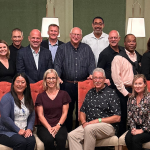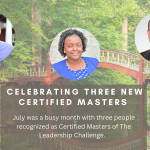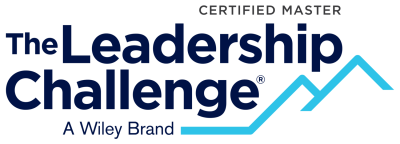If you’ve been in leadership for a while, you’ve probably come across the “About You” survey – a tool supervisors use to learn about their team members. They often send it to new hires, hoping to quickly gather information on preferences such as favorite color, hobby, and preferred recognition methods. The intention behind this survey is commendable – a desire to efficiently learn about one’s team.
However, efficiency doesn’t always align with effective leadership. As stated in The Leadership Challenge, “leadership is about relationships.” Building trust demands time, care, and observation. Being effective with people takes precedence over mere efficiency. In fact, “The concern you show for others is one of the clearest and most unambiguous signals of your trustworthiness.” (The Leadership Challenge® 7th Edition, pg. 201)
A memorable leader I served under prioritized personal connections through keen observation. For instance, he would notice someone enjoying a Dr. Pepper and inquire about their favorite drink. Remarkably, the next encounter would find him with that favorite drink in hand. He took the time to learn about individuals, knowing their children’s names, understanding their lives, and showing genuine interest in their hobbies.
When I transitioned into a leadership role, I asked him how he managed to keep track of so much information about everyone in the organization. He revealed his secret – a notebook filled not with project notes, as I had assumed, but with details about people’s hobbies, spouses’ names, favorite candy bars, and more. He had taken the “About You” survey and used the questions as conversation starters. He had taken time to develop relationships instead of just gathering information.
Effective leaders recognize that their most valuable asset is their team, and that genuine care fosters followership. I appreciated the personalized approach he took, opting for conversations and notes rather than a generic survey. Feeling cared for, I was motivated to follow him without hesitation.
So, consider using the “About You” survey as a guide for conversation instead of a mere information collection tool. Use it not only to gather data but also as a starting place to better understand people – their dreams, goals, and even their favorite soft drink.
How about you? Do you have a tool that might help new leaders engage with their people. Feel free to share it in the comments below.












